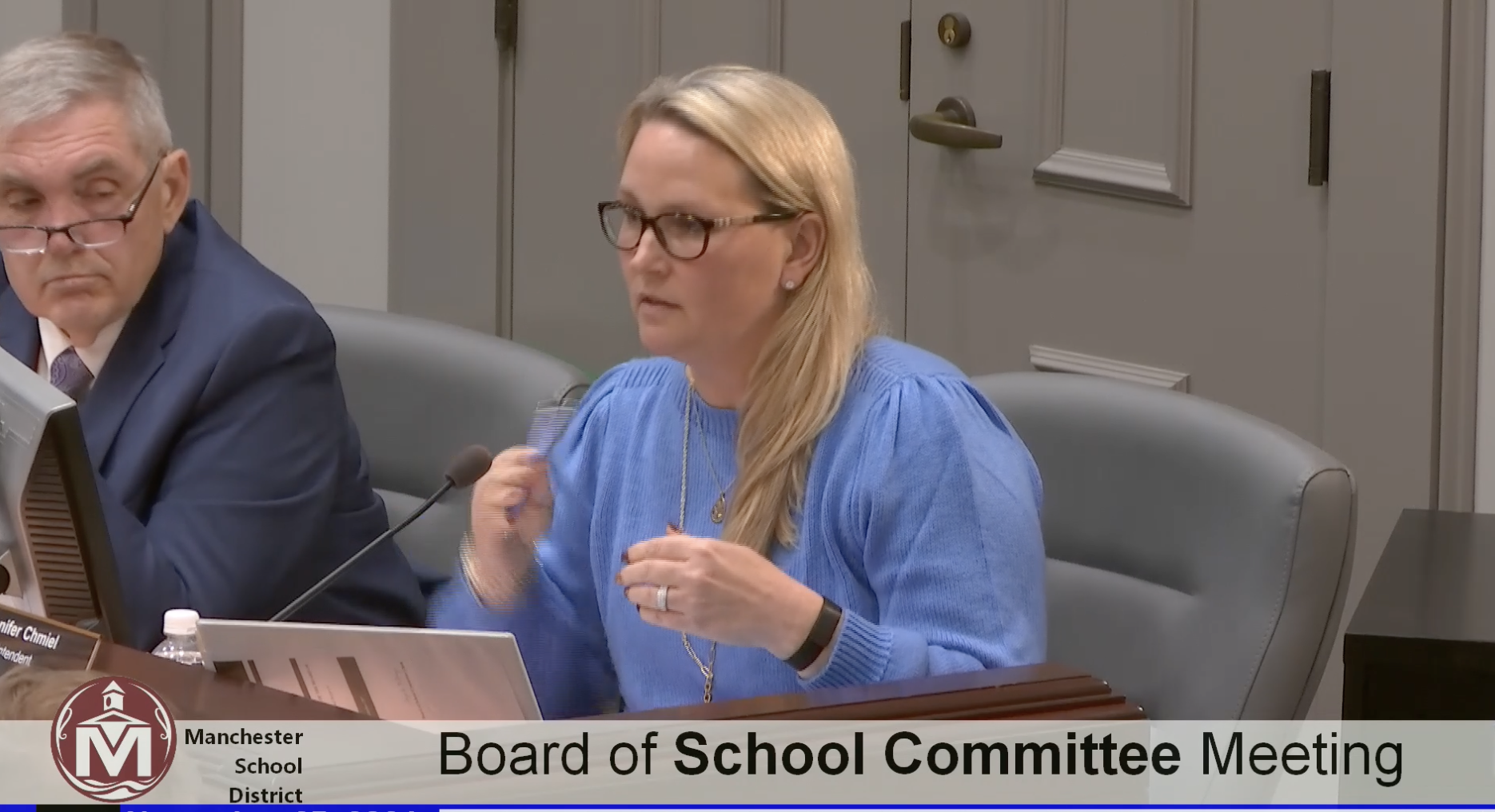Manchester schools lag behind state assessment average, but show progress compared to recent years
The statistics overall were underwhelming, with Manchester students coming in roughly around half of the state average. However, that fact belies progress made across the board on the tests in Manchester, with ELA and math test scores climbing or remaining steady in all elementary and middle school

MANCHESTER, N.H. – Although comments on the recent Beech Street Elementary School decision highlighted discussion at last week’s Board of School Committee meeting, state standard assessment test results also drew attention.
Under state and federal law, school districts and charter schools are required to provide these assessments, with these assessments gauging English language arts (ELA) and mathematics in grades 3-8 and science in grades 5, 8 and 11.
The statistics overall were underwhelming, with Manchester students coming in roughly around half of the state average. However, that fact belies progress made across the board on the tests in Manchester, with ELA and math test scores climbing or remaining steady in all elementary and middle school grades compared to just after the COVID-19 pandemic in 2021.
High school four-year graduation rates also rose to 74.35%, slightly surpassing the pre-COVID 73.18% figure in 2019. All four of Manchester’s public high schools saw graduation rates rise compared to 2022, with Manchester School of Technology jumping almost ten points to 87.69%.
Manchester School District officials reported that particular attention would need to be given to students learning English as a second language, disabled students, students from economically disadvantaged families and students from minority ethnicity families.
While Manchester School District Superintendent Dr. Jennifer Chmiel stated that more paraprofessional educators would help with those cohorts of students in need of additional support, At-Large Board of School Committee Member Peter Argeropoulos felt that a more holistic approach was needed. Ward 4 Board of School Committee Member Leslie Want and Vice Chair Jim O’Connell also found the news concerning given recent statements from the New Hampshire Department of Education predicting reduced special education funding.
“It makes no sense for a State Department of Education to abandon its students with disabilities,” said O’Connell.
However, members of the board also expressed pleasure with the progress made, such as Ward 5 Board of School Committee Member Jason Bonilla’s positive reaction to the graduation rate figures.
Chmiel urged patience, stating that data was trending upward until the COVID-19 pandemic and the renewed upward momentum would likely continue due to increases in professional development time and a vertically integrated curriculum that builds upon a student’s progress as they rise through the district’s schools.
There were also calls to take the results with a grain of salt given Manchester’s demographic abnormality compared to other New Hampshire school districts and the continuity of Chmiel’s leadership compared to recent years when there was more turnover at the top in the district.
Ward 9 Board of School Committee Bob Baines did not want to sugar coat the results, stating that it was a bad report overall, but he agreed with Chmiel’s assessment that the results indicated that improvement is not implausible.
“Progress is a very tough thing to achieve when you are moving a district our size,” said Baines.
Microsoft Word – 2024-11-25 BOSC Agenda w promptsDownload
[mailpoet_form id=”3″]





